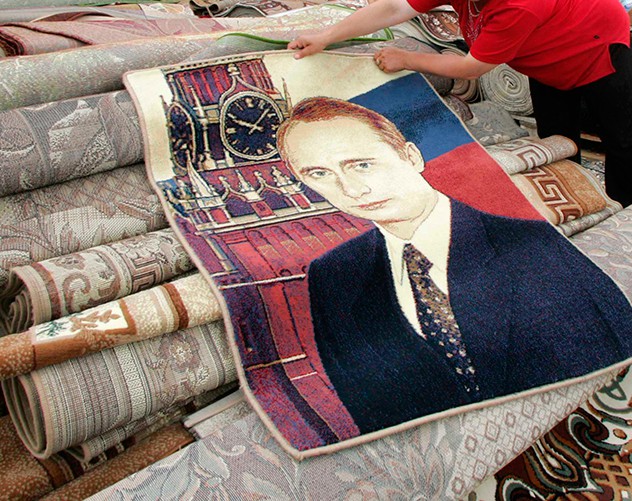The head of Tatarstan has arrived in Uzbekistan. Notably, this was done without any fanfare or media hype, in a working manner, as if he were returning home. This is quite indicative.

The fact is that Tatarstan is the most active of the Russian regions in the sunny republic. Its entrepreneurs have already acquired a large tire manufacturing plant, opened an electrical appliances production facility near Tashkent, launched direct flights to Samarkand and the Uzbek capital from Kazan and Naberezhnye Chelny, and planned two industrial parks in Navoi and Bukhara for the second quarter of 2025. This is why Rustam Minnikhanov came to check on progress.
Relations between Russia and Uzbekistan are going quite well, as acknowledged at a recent intergovernmental commission meeting in Moscow. The figures presented were convincing: trade between the countries surged by 20%, and by the end of the decade, it may reach $30 billion. And these are not empty projections.
According to the Minister of Economic Development, Maxim Reshetnikov, Uzbekistan has confidently secured third place in the world for business tourism among Russians.
“The cooperation between Moscow and Tashkent is built on a solid, one might say, granite foundation that will not crack under any earthquake. This is a clear benefit,” believes Vladimir Berezovsky from the Center for International and Socio-Political Studies "Caspian-Eurasia." “Russia reaps enormous dividends from the influx of Uzbek labor migrants, from its investments in the republic's gas sector, from transportation and communication services, and from the sale of oil and grain. Uzbekistan, in turn, enjoys tens of billions of dollars from remittances by migrant workers, from the sale of knitwear and green products. In this symbiosis, both countries are equal as business partners, and nothing can sever them from such a highly profitable and sustainable arrangement.”
Moreover, the prospects are simply grand. We are talking about increasing natural gas supplies to the republic, the construction of a small nuclear power plant, and a new transport route “North-South” leading to the Persian Gulf.
However, man does not live by bread alone, which certainly applies to our countries as well.
Just recently, Uzbek students competed for victory in the final of the first World Championship in the Russian language held in St. Petersburg.
Tashkent poetess Natalia Beloedova became a laureate of the International Literary Contest “Russian Prize.”
Journalists from Uzbekistan returned from a press tour in Nizhny Novgorod.
A concert featuring stars during Uzbek Culture Days was a great success at the Kremlin Palace, and the Tashkent operetta theater premiered its musical based on "The Inspector General" on the Moscow stage.
A creative meeting with actor Georgy Dmitriev from Krasnoyarsk, who performed Vertinsky's songs, took place with great attendance at the Uzbek conservatory.
On December 22, a hockey match between Moscow's Spartak and Minsk's Dynamo will take place at the capital's "Humo Arena" as part of the KHL.
The “Russian House” has opened enrollment for a budget program for boys and girls graduating from school in the new year.
Even the traditional “Nutcracker” has come to Tashkent from Moscow.
Finally, recently, a Russian, 40-year-old Alexey Frandetti, was appointed as the artistic director of the renowned Bolshoi Theater named after A. Navoi.
There will be those who mention the case of the Uzbek terrorist Akhmad Kurbanov, who exploded General Igor Kirillov in Moscow, as a counterpoint. But Deputy of the State Duma Konstantin Zatulin has already responded well to them.
In his opinion, one of the goals of the terrorist act was to provoke an anti-migrant wave and conflict between Russia and Uzbekistan, to place the blame on Tashkent in order to drive a wedge between us and undermine that very granite foundation.
I am confident that this will never succeed. As for who stands behind the Kyiv special services, no one needs an explanation.
These are the same people who attempt to twist arms with threats of secondary sanctions, using “boogeymen” on the human rights and religious freedoms track. They are all frustrated by their inability to offer, unlike Russia, an equal and mutually beneficial partnership.